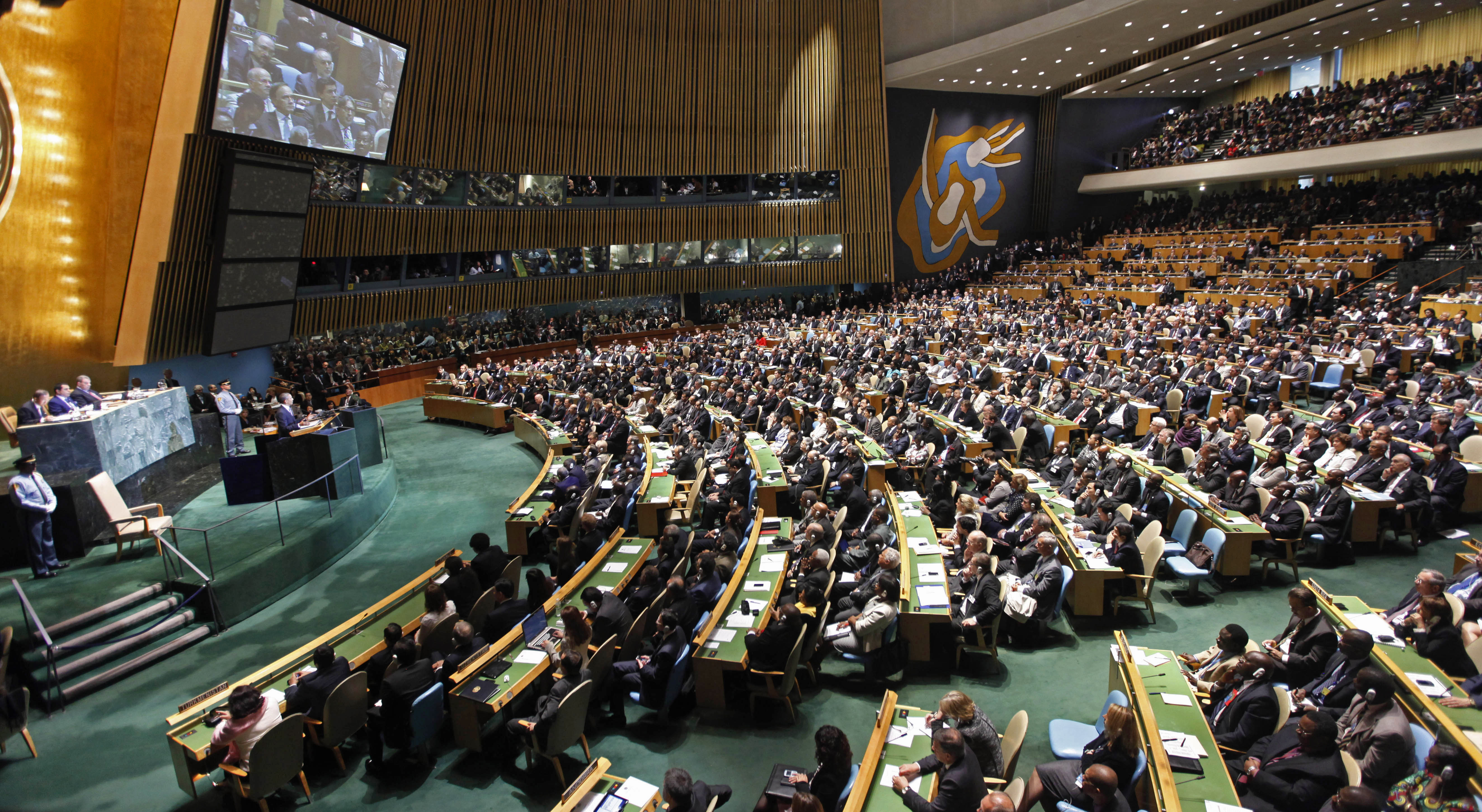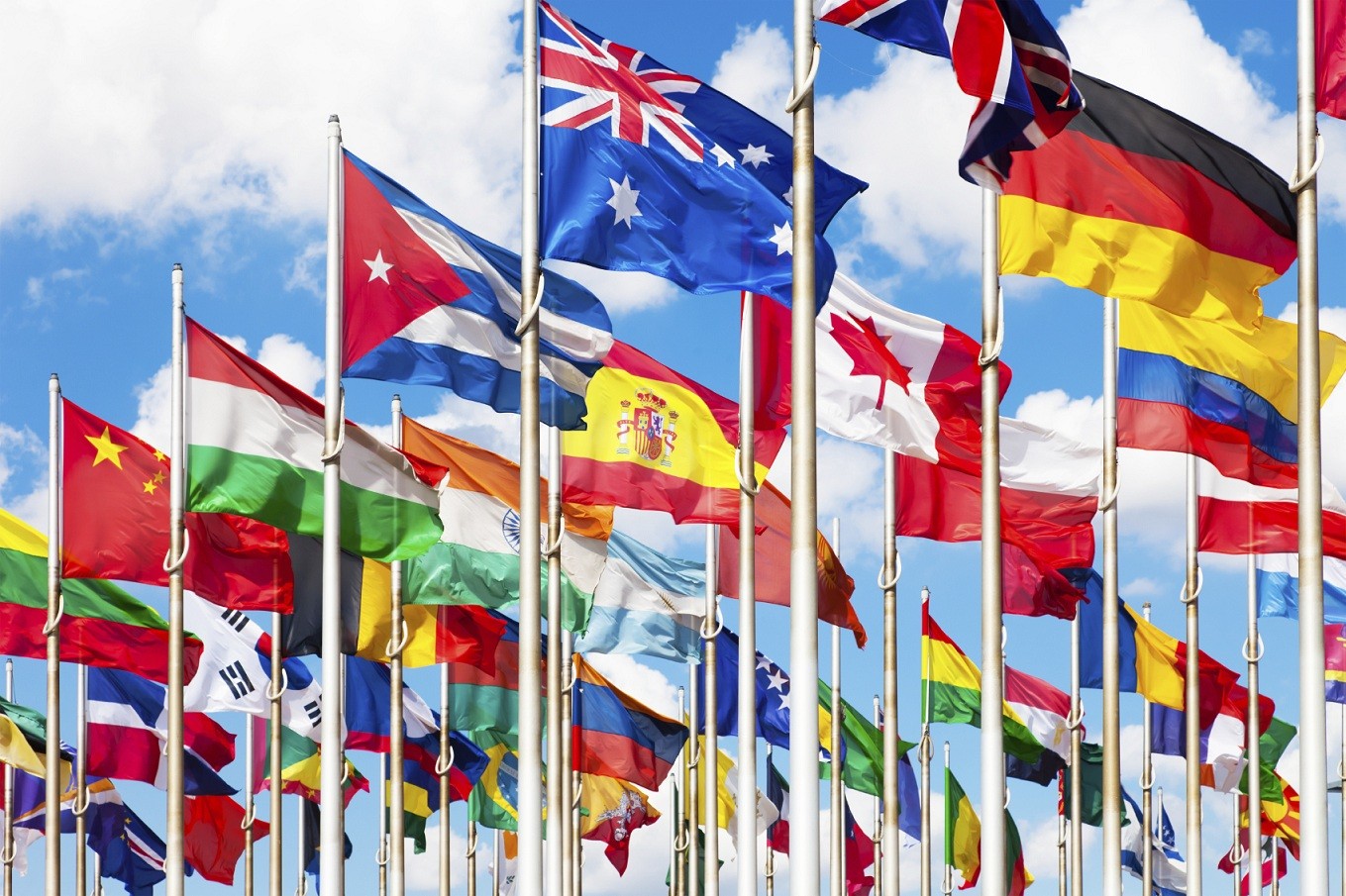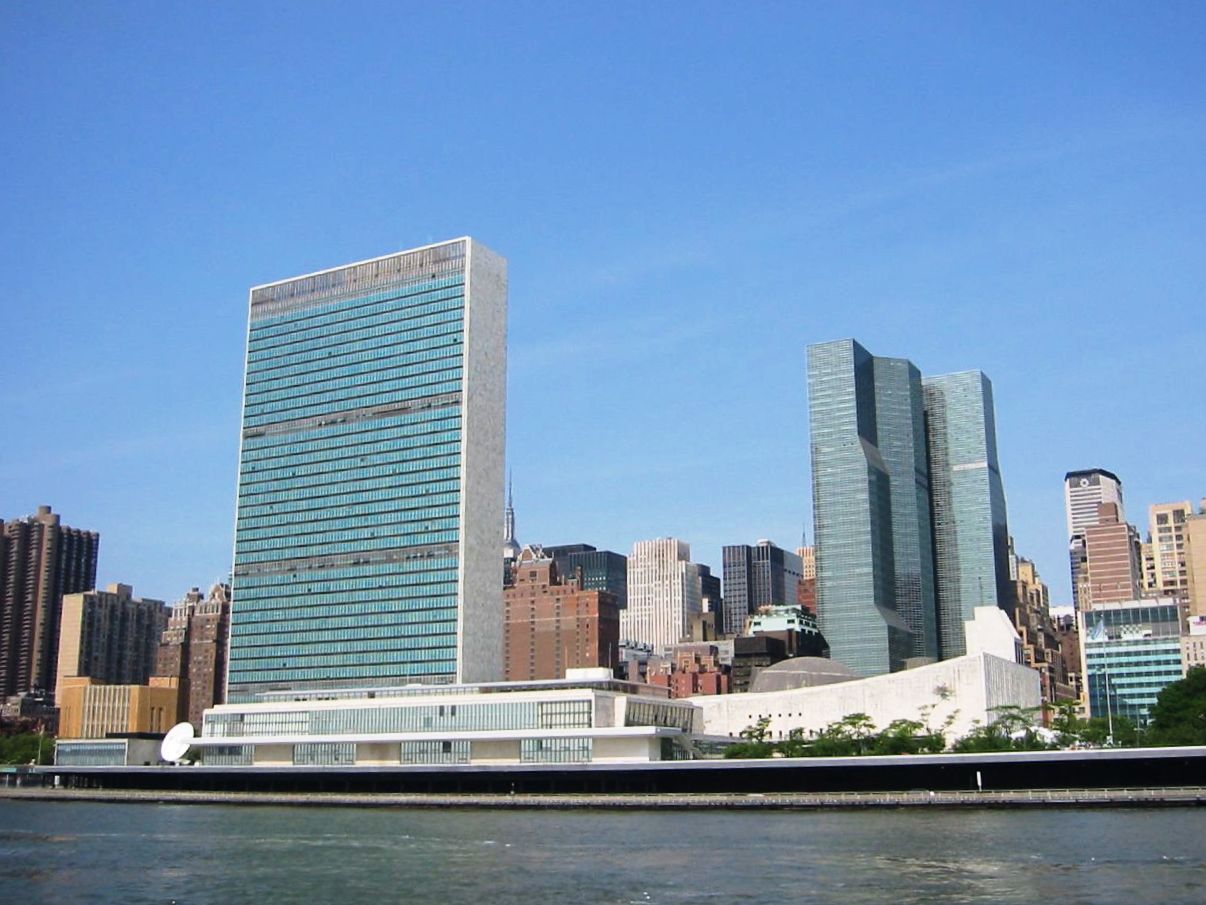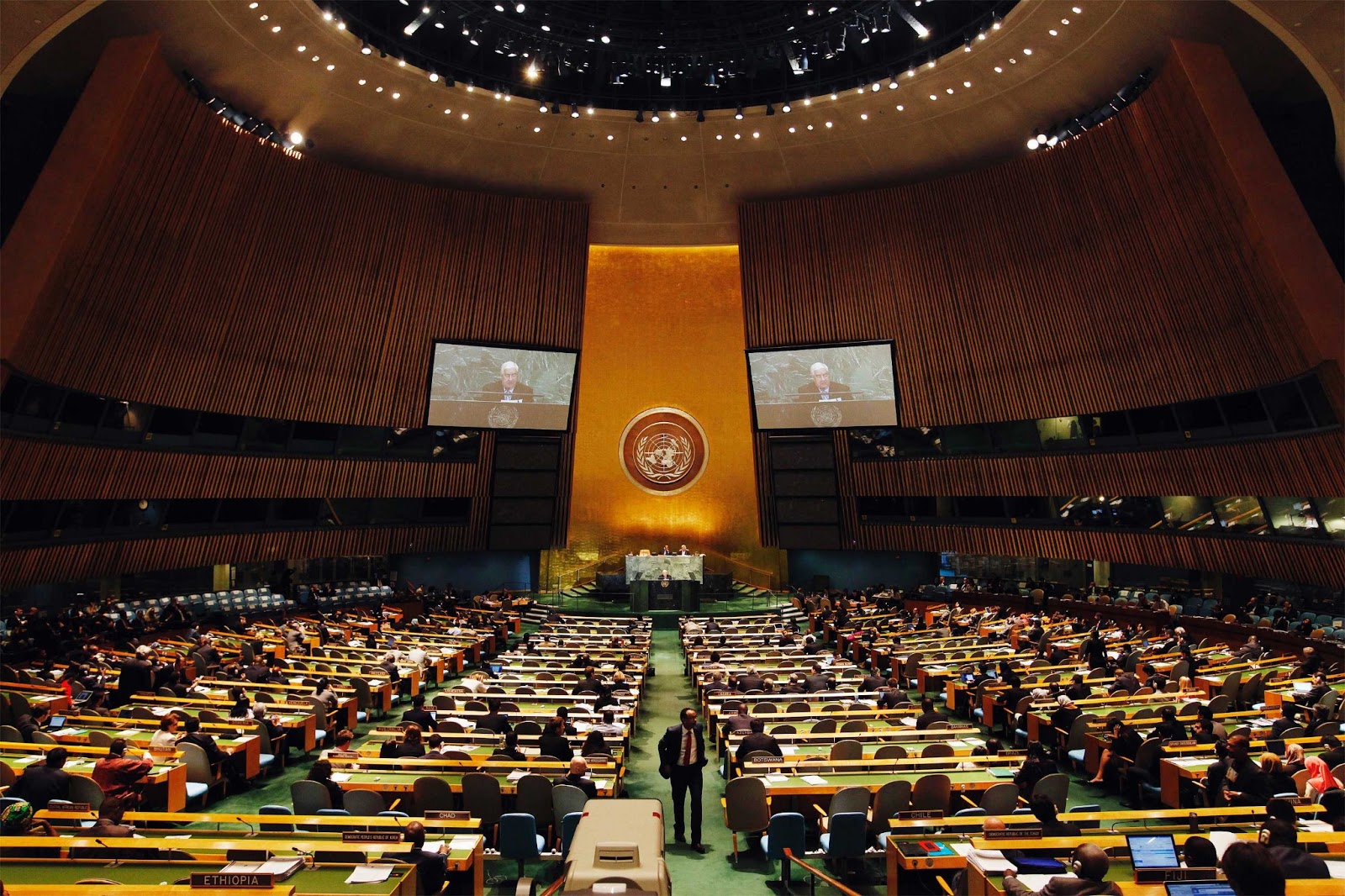This Policy Note focuses on the likely impacts, in the short and medium run, of the withdrawal of international support measures, taking into account the nature of these measures and how the identified countries have used them so far. It is available in English and French.
Development Policy Branch (DPB)

The UK has adopted a new Developing Countries Trading Scheme (DCTS) which makes it easier for graduating LDCs to accede to the intermediary ?Enhanced Preferences? scheme

This article connects the work that underpinned the Agenda?s emergence with the continuing challenges of its implementation as a process of norm making and norm evolution

While there are important improvements and positive developments in the VNRs over time, there remains a significant gap between the ambitions of the 2030 agenda and the policies, strategies and actions reported in the VNRs. The deep transformative change that is envisioned in the agenda and required to meet the SDGs is not evident in the VNRs.

The general preliminary conclusion is that the impacts on development cooperation will be relatively small, as most development partners do not rely on whether or not a country is an LDC as a primary determinant of their assistance.

The fourth annual review of the VNRs by the CDP providing a systematic content analysis of the VNRs presented to the 2021 HLPF.

This paper provides conceptual inputs on a potential bi-modal monitoring framework for the LDC category

This policy brief synthesizes recent research, showing that Bangladesh?s vital pharmaceutical industry would be threatened if the country had to adhere fully to WTO rules upon graduation from LDC status.

The global COVID-19 pandemic is plunging the world into a socio-economic and financial crisis of an unprecedented scale, in addition to the acute health crisis. Many of the gains achieved under the banner of the Sustainable Development Goals (SDGs) are under threat. The crisis has exposed and exacerbated vulnerabilities and inequalities in both developing and developed countries, deepening poverty and exclusion and pushing the most vulnerable even further behind. This is a watershed moment. A sustainable, equitable and peaceful future hinges on the right national and international policy decisions. This policy note assembles analysis by members of the United Nations Committee for Development Policy (CDP) and co-authors on different angles of the COVID-19 crisis and the challenges and opportunities it presents for development policy and multilateralism.
 Welcome to the United Nations
Welcome to the United Nations